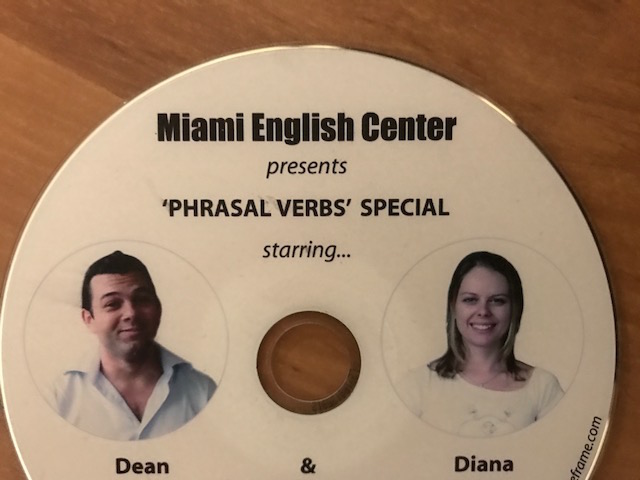The verbs ‘Make’ and ‘Do’ can have similar meanings in English. In what situations do we use them? In some languages, ‘Make’ and ‘Do’ translate into 1 word (For example in Spanish ‘Hacer’ or in Portuguese ‘Fazer’).
This Miami Beach video explores some different uses of these verbs.
For example, do we do the dishes or make the dishes?
Do we make a cake or do a cake?
Do we make homework or do homework?
Do we make exercise or do exercise?
Do we make a decision or do a decision?
Do we make research or do research?
In general, we use ‘make’ in situations where we are creating, producing or building something OR when we are planning. For example, we make plans, decisions, choices and appointments.
We use ‘do’ in situations where there are tasks or jobs involved or when they meaning is obvious. For example, the ‘do’ in “I do the dishes” replaces ‘wash’. Or the ‘do’ in “I do my hair” replaces ‘brush’.


